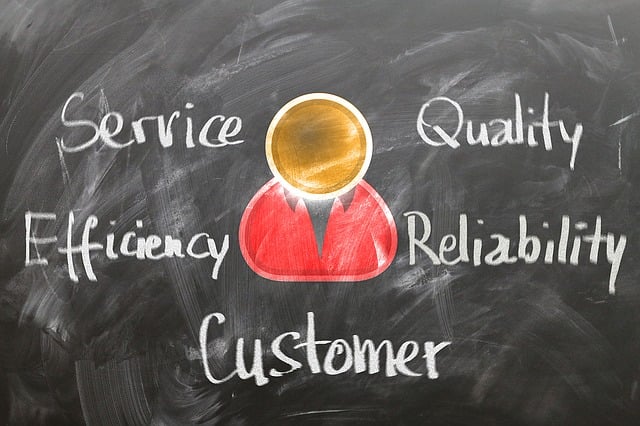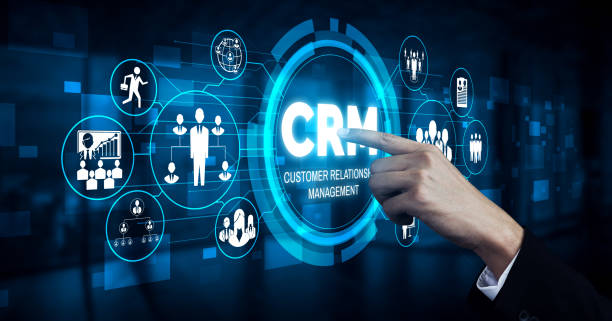Table of Contents
Customer Relationship Management (CRM) has become an indispensable tool for businesses of all sizes. By effectively managing customer interactions, CRM systems help organizations build stronger relationships, improve customer satisfaction, and drive business growth. This article explores the critical role of CRM in business and its benefits.

What is CRM?
CRM is a strategy and a set of technologies designed to help businesses manage customer interactions and data throughout the customer lifecycle. CRM systems typically include features such as contact management, sales force automation, marketing automation, and customer service.
Why is CRM Important?
There are numerous reasons why CRM is essential for businesses:
- Improved customer satisfaction: CRM systems help businesses to understand and meet the needs of their customers better. By tracking customer interactions and preferences, businesses can provide personalized service and address issues promptly.
- Enhanced customer loyalty: Satisfied customers are more likely to remain loyal to a brand. CRM systems can help businesses build strong relationships with customers and encourage repeat business.
- Increased sales: CRM systems can help sales teams identify and prioritize leads, track sales pipelines, and close deals more effectively.
- Improved marketing effectiveness: CRM systems can help businesses segment their customer base and tailor marketing campaigns to specific groups of customers. This can improve the effectiveness of marketing efforts and increase ROI.
- Better decision-making: CRM systems provide businesses with valuable insights into customer behavior and preferences. This data can be used to make informed decisions about product development, marketing strategies, and customer service.

Key Components of a CRM System
A typical CRM system includes the following components:
- Contact management: A database for storing customer information, including contact details, purchase history, and preferences.
- Sales force automation: Tools to help sales teams manage leads, track sales pipelines, and close deals.
- Marketing automation: Features for automating marketing tasks, such as email campaigns and social media marketing.
- Customer service: Tools to manage customer inquiries, complaints, and support requests.
- Analytics: Reporting and analytics capabilities to help businesses track key metrics and measure the effectiveness of their CRM efforts.

How to Choose the Right CRM System
Selecting the right CRM system is crucial for a business’s success. When choosing a CRM, consider the following factors:
- Business needs: Identify the specific features and functionalities that your business requires.
- Scalability: Ensure that the CRM system can grow with your business.
- Integration capabilities: Consider how well the CRM system integrates with other business applications, such as accounting software and marketing automation tools.
- Ease of use: Choose a system that is user-friendly and easy for your team to learn.
- Cost: Evaluate the cost of the CRM system, including licensing fees, implementation costs, and ongoing maintenance.
Conclusion
CRM is a powerful tool that can help businesses improve customer satisfaction, drive sales, and enhance overall performance. By effectively managing customer interactions and data, businesses can build stronger relationships, increase customer loyalty, and achieve long-term success.

